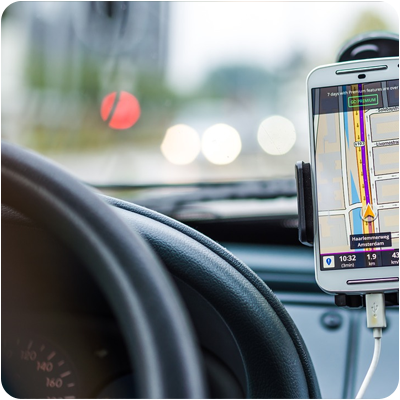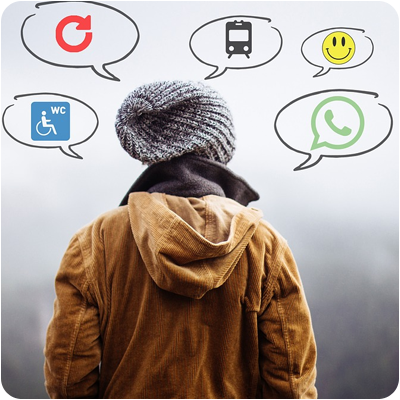Het arrangement 17.2 Using a mobile phone - tto123 is gemaakt met Wikiwijs van Kennisnet. Wikiwijs is hét onderwijsplatform waar je leermiddelen zoekt, maakt en deelt.
- Auteur
- Laatst gewijzigd
- 11-05-2025 18:16:25
- Licentie
-
Dit lesmateriaal is gepubliceerd onder de Creative Commons Naamsvermelding-GelijkDelen 4.0 Internationale licentie. Dit houdt in dat je onder de voorwaarde van naamsvermelding en publicatie onder dezelfde licentie vrij bent om:
- het werk te delen - te kopiëren, te verspreiden en door te geven via elk medium of bestandsformaat
- het werk te bewerken - te remixen, te veranderen en afgeleide werken te maken
- voor alle doeleinden, inclusief commerciële doeleinden.
Meer informatie over de CC Naamsvermelding-GelijkDelen 4.0 Internationale licentie.
Aanvullende informatie over dit lesmateriaal
Van dit lesmateriaal is de volgende aanvullende informatie beschikbaar:
- Toelichting
- Deze les valt onder de arrangeerbare leerlijn van de Stercollectie voor Engels voor tweetalig onderwijs, leerjaar 1,2 en 3. Dit is thema 1 'Me and my phone'. Het onderwerp van deze les is: Using a mobile phone. In deze les staat welke functies mobiele telefoons hebben en hoe deze worden gebruikt. Daarnaast komen vervelende of irritante telefoongesprekken aan bod. In de grammaticaopdracht worden simple past, present perfect en past perfect. De onregelmatige werkwoorden in deze les zijn: to bend, to bet, to bind en to bite besproken.
- Leerniveau
- VWO 2; HAVO 1; VWO 1; HAVO 3; VWO 3; HAVO 2;
- Leerinhoud en doelen
- Engels;
- Eindgebruiker
- leerling/student
- Moeilijkheidsgraad
- gemiddeld
- Studiebelasting
- 1 uur 40 minuten
- Trefwoorden
- arrangeerbaar, engels, mobiele telefoons, past perfect, present perfect, simple past, stercollectie, telefoongesprekken, tto123, using a mobile phone
Gebruikte Wikiwijs Arrangementen
VO-content Engels. (2019).
Using a mobile phone - hv3

 The subject of this period is using mobile phones.
The subject of this period is using mobile phones.












 What have you learnt in this period?
What have you learnt in this period?
